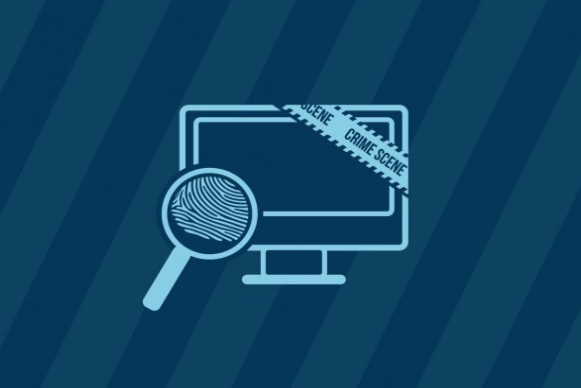Advanced Computing and Digital Forensic (ACDF)

The Advanced Computing and Digital Forensic (ACDF) Group of KEEP will focus on three areas:
- Distributed and Cluster computing
- Digital Forensics and Cybercrime
- Scientific and Technical Computing for emerging Technologies
1. Distributed and Cluster computing
Distributed and Cluster computing is an area in computer technology that aids the processing power and the computing resources of possibly geographically distanced many connected computers connected over a network. It has evolved as a very important computing model, which enables information, software, and other shared resources to be provisioned over the network as services in an on-demand manner. Aside from its many advantages, Distributed and Cluster computing has its own drawback. The ACDF Group will, therefore, research into such computing models, techniques, and architectures. This will include
- Distributed computing models and technologies,
- Message Passing, High Performance and High Throughput Computing
- Infrastructure-as-a-Service (IaaS), Platform-as-a-Service (PaaS) and Software-as-a-Service (SaaS)
- Virtualization and Resource utilization
- Security and privacy issues
- System Performance and systems issues, capacity planning, disaster recovery,
- Federated clouds and challenges in implementing clouds,
- hypervisor CPU and memory management
2. Digital Forensics and Cybercrime
The threat of cybersecurity attacks is increasingly evident in organisations around the world, from hacking to phishing, scamming to grooming, and botnets to cyber-terrorism, while the variety and ingenuity of exploits appear to expand constantly. The popularity of the role of the Internet in all aspects of our daily lives, ranging from Telecommunications, Banking, Education, Governance, Manufacturing, Media, and National Security, among others, has also contributed to the proliferation of malicious activities taking place in the digital world. The growing need for Cyber Security Forensic experts has never been greater. The ACDF-Group will be tasked to fill this gap by providing an opportunity to carry out research and skills training to state security agencies and corporate organisations with new scientific methods in combating cybercrime and improving Digital Forensic investigations through innovative research and scientific findings. This Group will focus on these research areas:
- Cyber Terrorism
- Database Security
- Cryptography
- Operating System Security
- Application Security
- Blockchain Technology
- Enterprise-level Security
- Mobile Device Forensics
- Network Forensics
- Forensic Data Analysis\
- Database Forensics
3. Scientific and Technical Computing for Emerging Technologies
Scientific and Technical Computing for emerging Technologies involves the process of conception, requirement specification, system design, programming, documentation, testing, benchmarking and bug fixing in order to create and maintain applications, frameworks, libraries or software components. New and developing technologies are rapidly advancing and changing the way we work. Constant research, new development, prototyping, modification, reuse, re-engineering, maintenance or any other activities that result in software products are therefore critical. The group will focus on two areas:
The first will be to provide consultancy services for computerisation and, when necessary, to develop software for public and private institutions.
The second is to research in software development for various emerging technologies, including
- Artificial Intelligence
- Virtual Reality
- Augmented Reality
- Internet of Things (IoT) and cloud technology
- Blockchain
- digital twins
- Mesh App and Service Architecture
- autonomous vehicles
- robotics and service appliances.
